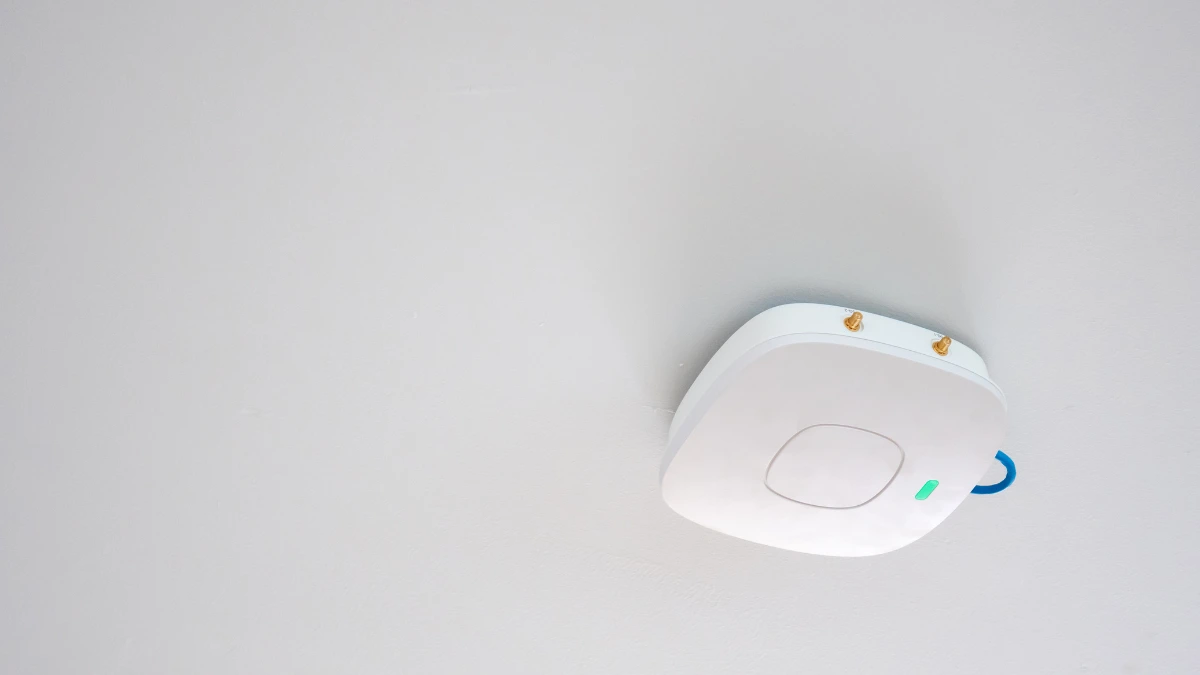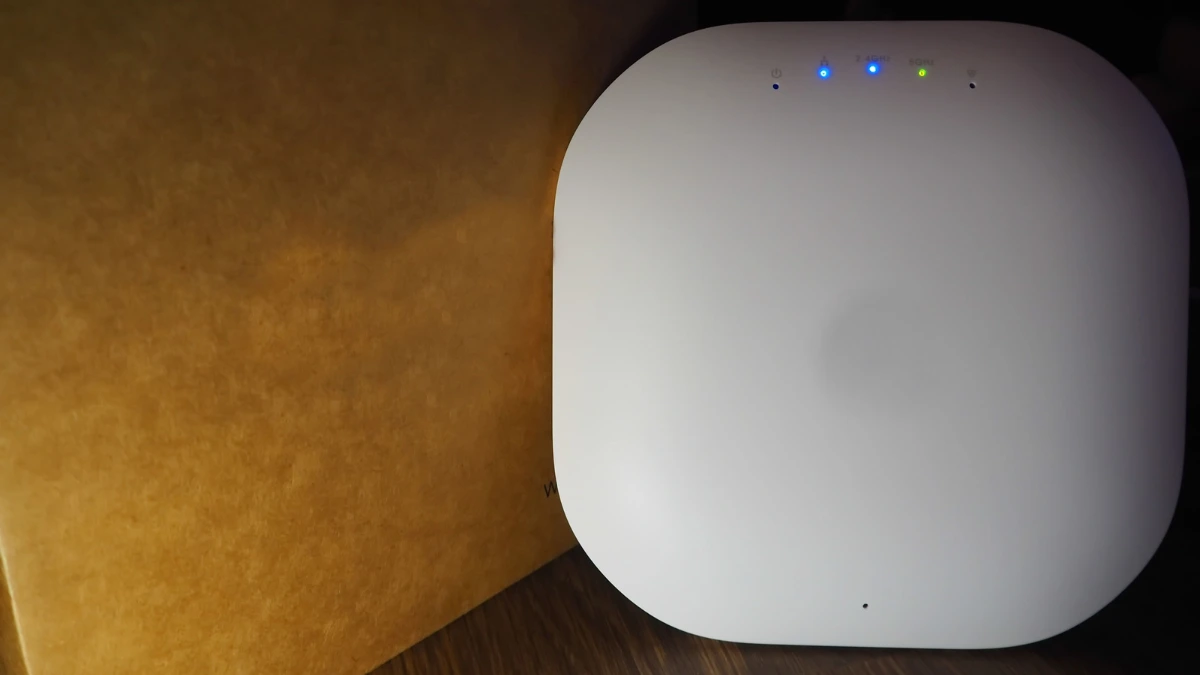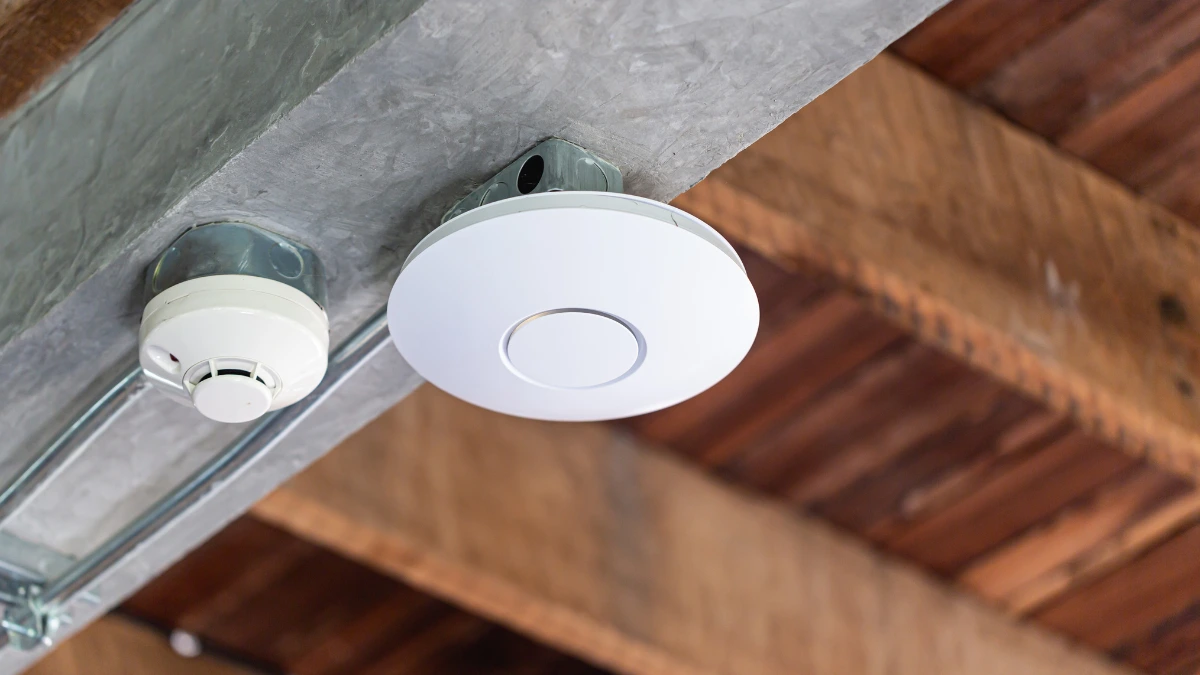Access points are one of the devices that create a reliable network in the digital era which requires an internet connection as a necessity for both individuals and the business world.
Even though access points have become a technology that we often encounter and use, there are still many who don’t know clearly what the technology is, how it works, and its functions.
This article will discuss access points in terms of their definition, how they work, functions, and the regulations in Indonesia.
What is an Access Point?

An access point is a device that allows various devices such as laptops, smartphones, and tablets to connect to the internet network wirelessly (via WiFi).
This tool acts as a liaison between wired networks and wireless devices so that the internet connection can reach a wider area and remain stable.
Technically, the access point transmits WiFi signals with the help of antennas and transceivers.
Generally, these devices are connected to a router, switch, or hub using an Ethernet cable to expand network coverage.
How it Works

Access points operate through the following stages:
- Receive signals from the main network device: Establish a connection between a wired network (such as a router or switch) and a wireless device.
- Spreads WiFi signal: Facilitates internet access for devices via a wireless connection.
- Manage user connections: Provides an authentication process and distributes IP addresses to devices connected to the network.
The Function

Access points have various important roles that make them vital components in today’s internet networks:
- Expand WiFi coverage: Helps eliminate areas without signal and expand signal coverage. Ideal for large areas such as office buildings, campuses, or houses.
- Supports multiple device connections: Able to serve multiple devices without burdening the performance of the main router. Very suitable for work environments with many users.
- Improves efficient use of bandwidth: Helps ensure a more even distribution of internet signals to all connected devices.
- Set device access based on MAC Address: Allows network administrators to grant permissions or block specific devices based on their unique identity.
- Acts as a DHCP Server: Automatically assigns IP addresses to connected devices, without the need for manual configuration.
- Connecting a wired network with a wireless network: Acts as a bridge between a wired LAN connection and a WiFi connection to create smoother network communications.
- Provides an additional layer of security: Equipped with encryption features such as WEP, WPA, and WPA2 to keep the network safe from unauthorized access.
Product Compliance and Regulations in Indonesia
Access Point products sold in Indonesia must be certified by the Directorate General of Digital Infrastructure (DJID) under the Ministry of Communication and Digital (KOMDIGI). This is based on KEPMEN KOMDIGI NO 12 TAHUN 2025, which requires all radio frequency-based devices, including Access Point, to meet specific technical standards before being sold in the country.
The certification ensures that the product meets government safety and quality regulations and does not interfere with other communication devices. The certification process involves technical testing, such as frequency adjustments, safety checks, and compatibility with the surrounding environment.
Once the tests are completed, products that pass are listed in a Test Result Report, which confirms that the product is safe and ready for sale in Indonesia. This report reassures customers that the product meets technical standards and is secure.
For companies wanting to sell Access Point in Indonesia, our Type Approval Services for ICT Products are available to assist with this process. This service includes preparing technical and legal documents, conducting required testing, ensuring compliance with regulations, helping companies streamline the certification process, and giving consumers confidence in certified products. [UN]

